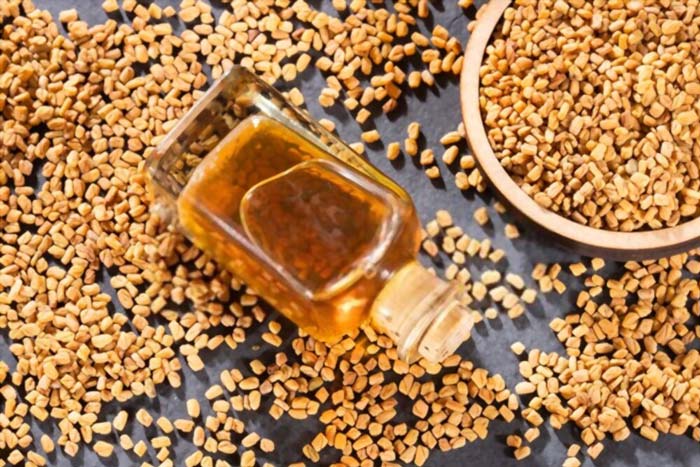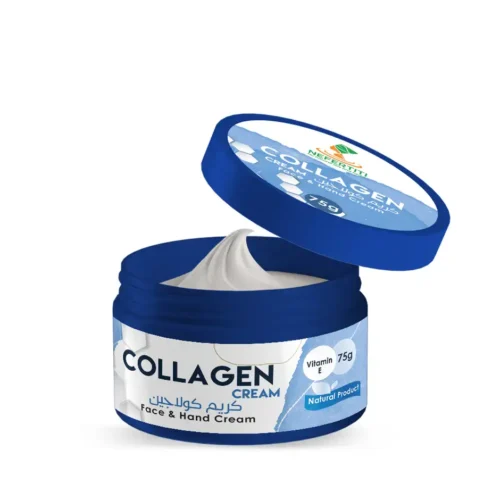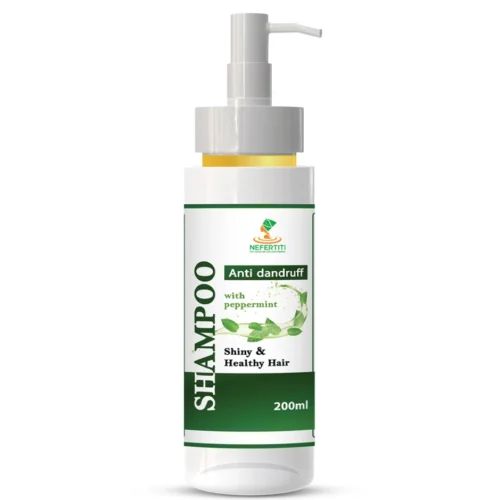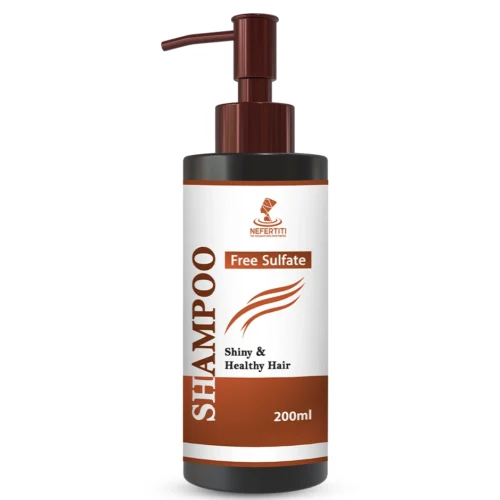What is Fenugreek?
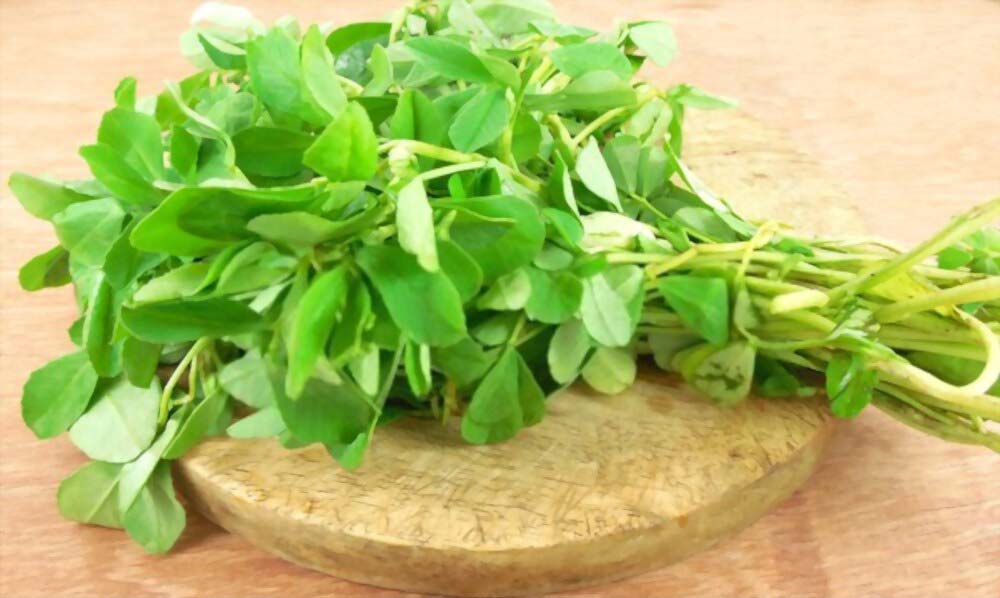 The fenugreek plant is known by many names, such as helba, shambhala, chaman, goat shamrock, hilbe and others. Fenugreek is an annual plant from the legume family and it grows in Western Asia and the Mediterranean. It is a truly a multi-purpose herb that has been used for thousands of years to flavour food, improve health and treat skin conditions.
The fenugreek plant is known by many names, such as helba, shambhala, chaman, goat shamrock, hilbe and others. Fenugreek is an annual plant from the legume family and it grows in Western Asia and the Mediterranean. It is a truly a multi-purpose herb that has been used for thousands of years to flavour food, improve health and treat skin conditions.
In ancient times, it was considered a very strong medicine, almost a panacea for many diseases. The healing properties of fenugreek were highly appreciated by Hippocrates, in Ancient Egypt fenugreek was used to facilitate childbirth and enhance lactation and the Ancient Greek gave gladiators and athletes a decoction of fenugreek prior to their performances, increasing endurance and concentration.
Nowadays, fenugreek has become firmly established in the diet of nutritional enthusiasts. The whole plant and its seeds have an intense aroma with a slightly nutty scent.
Fenugreek Oil
Fenugreek oil is produced by cold pressing of fenugreek seeds. Therefore, both the seeds and the fenugreek oil have the same useful properties, only the concentration of useful components in fenugreek oil is much higher. When applied internally, the active substances of the oil easily penetrate into the blood, plasma and tissues of the body, nourishing cells and positively affecting all systems and organs.
Fenugreek or Helba Tea
 Fenugreek – or Helba – tea is not a classic tea, although it is one of the most pleasant and healthy drinks. Fenugreek, is said, will warm you in cold winter days and cools you down during the summer heat. In order to develop the flavour of the seeds better and to get more health benefits, the fenugreek seeds should be boiled in water for 5 minutes. Lemon, honey, ginger or milk can be added depending on individual preference. It is also recommended eating the steamed seeds as a complete source of vitamins and proteins, instead of throwing them and their nutrients away.
Fenugreek – or Helba – tea is not a classic tea, although it is one of the most pleasant and healthy drinks. Fenugreek, is said, will warm you in cold winter days and cools you down during the summer heat. In order to develop the flavour of the seeds better and to get more health benefits, the fenugreek seeds should be boiled in water for 5 minutes. Lemon, honey, ginger or milk can be added depending on individual preference. It is also recommended eating the steamed seeds as a complete source of vitamins and proteins, instead of throwing them and their nutrients away.
Main Useful Components of Fenugreek Seeds
Among the main – high numbers of – useful nutrients of fenugreek are proteins, starch, potassium, calcium, magnesium, iron, phosphorus, sodium, zinc. Besides, fenugreek seeds have high contents of the vitamins A, C, B1, B2, B9 (folic acid) and PP. These components provide the immune system with strength, which is needed for the body to prevent many diseases.
Fenugreek is also rich in phytic acid, saponins and trigonellin. These substances, as well as antioxidants, give fenugreek oil the ability to fight viruses and cancerous tumours.
Saponins – helps to protect against cancer and lower cholesterol, sugar levels and blood fat. It may also reduce the risk of blood clots and kidney stones.
Trigonelline – may help to prevent diabetes. It has antibacterial, antiviral, fat burning, hypoglycaemic and antitumour effects.
High concentration of polyunsaturated fat (84%) – helps to increase the formation of cells and blood vessels after injury.
Antioxidants – Apigenin, luteolin, caffeic acid and coumaric acid.
Hydroxyisoleucine – a substance with an insulin-stimulating effect.
Diosgenin – belongs to the group of phytoestrogens, which normalize hormonal levels in women.
12 Health Advantages of Fenugreek
- Fenugreek to reduce Blood Sugar Level
Fenugreek oil and seeds are used as an additive to control blood glucose levels and to prevent or treat diabetes. The hypoglycaemic effects of fenugreek are partly due to hydroxy isoleucine, an amino acid that stimulates the production of insulin by cells in the pancreas. Fenugreek also inhibits the activity of alpha-amylase and sucrose, enzymes that break down sugar into glucose. They lower your overall blood sugar concentration. Fenugreek is therefore recommended for diabetics and in pre-diabetes.
- Anti-Cancerogenic Properties of Fenugreek
The saponins contained in the fenugreek prevent the division of cancer cells and also cause their apoptosis (programmed death).
Fenugreek oil and seeds reduce the likelihood of colon cancer, prevent the development of leukaemia, breast cancer, prostate cancer and bone cancer cell division. Fenugreek increases the sensitivity of T cells (T Lymphocytes) to radiation and accelerated apoptosis.
- Fenugreek and Respiratory Treatment
Fenugreek oil and fenugreek seeds are one of the best home remedies against common colds and lung diseases. Fenugreek can be used in influenza, bronchitis, laryngitis, sinusitis, pneumonia, tuberculosis, protracted chronic cough and bronchial asthma. Fenugreek has a strong expectorant effect, much more pronounced than that of many modern medicines. Fenugreek oil helps to soften and dissolve thickened masses of mucus and eliminate toxins through the lymphatic system. Fenugreek oil helps to alleviate sore throat caused by viral infections and is an excellent antipyretic agent.
- Fenugreek to treat diseases of the Gastrointestinal Tract
Fenugreek decoction cleanses the stomach and intestines from toxins by covering the walls of the internal organs with protective mucus, which has a healing effect in case of gastric ulcer and duodenal ulcer. Fenugreek also helps with constipation and colic. To relieve pain syndrome of unknown aetiology in the abdomen, it is advised to drink a decoction of fenugreek. Fenugreek oil can also help to remove worms from the body.
- Fenugreek to reduce Cholesterol Levels
Studies in the United States have shown that fenugreek seeds significantly lower bad cholesterol levels, preventing the development of atherosclerosis.
- Fenugreek and Women’s Health
Fenugreek is an excellent remedy in treatment of female diseases. Fenugreek seeds contain diosgenin, similar in properties to the female sex hormone estrogen. Taking fenugreek is a natural therapy for estrogen deficiency in the body; it is the safest remedy against painful menstruation and to normalize the menstrual cycle. Fenugreek oil balances female hormonal levels, helps with infertility and promotes pregnancy.
Fenugreek oil is also indicated for early menopause. In large quantities, fenugreek acts as a strong stimulant that promotes the onset of menstruation, even during the onset of menopause.
Unlike synthetic hormones, phytohormones do not cause side effects. Today it has been proven that they alleviate women’s condition during menopause and as a result of the phytohormone diosgenin contained in fenugreek oil, blood pressure decreases and the risk of coronary heart disease and osteoporosis decreases.
Also with uterine fibroids, fenugreek oil can help; subject to progesterone-dependent fibroids (a doctor’s examination and testing for estrogen and progesterone are mandatory).
Fenugreek tea is an excellent lactogonic agent that increases milk production in nursing mothers. Taking fenugreek will ensure a noticeable increase in the bust.
- Fenugreek for Mens’s Health
Fenugreek helps in the treatment of low testosterone levels without the use of synthetic hormones. Fenugreek contains compounds called furostanol saponins, which increase testosterone production and thus libido. Achieve this effect by adding 1 tablespoon of crushed seeds to a glass of boiling water and leave for 2 hours. Drink half a glass of infusion 4 times a day before meals. Additionally, fenugreek seeds contain substances that improve the quality of seminal fluid and enhance sexual desire.
- Fenugreek to promote Weight Loss
The main value of fenugreek seeds to promote weight loss is that it reduces appetite. Taking fenugreek significantly reduces the amount of food consumed. It has also been noticed that adding skimmed milk to fenugreek tea, a fat-burning effect appears.
- Fenugreek for healthy Skin and Hair
Being an anti-inflammatory agent, fenugreek oil is used in the treatment of dermatitis and acne. It cleans the skin well and has disinfectant properties. Fenugreek oil is also used topically for skin allergies and other rashes. The oil promotes healing and softens the skin. Ground fenugreek seed paste is used to treat ulcers, abscesses and slow healing wounds and also relieves warts.
Fenugreek oil prevents hair loss, accelerates hair growth and gets rid of dandruff. For this purpose, it can be added to hair masks and shampoos. Even healthy hair becomes more alive and voluminous by using fenugreek oil, due to the lecithin contained in fenugreek oil which “coats” each hair and gives it extra smoothness and elasticity.
- Anti Aging effect of Fenugreek
 Extremely effective weapons in the fight against ageing are sex hormones, synthetic or natural oestrogens. During youth, the body produces sufficient amounts of those, with age though, their levels decrease. The role of these hormones in the skin is fundamental. The diosgenin contained in fenugreek seeds stimulates DNA synthesis in cells, which affects the metabolism and life cycle of fibroblasts. As a result, the development of age-related atrophy of the skin slows down, the elasticity and density of the skin increases to a level characteristic of younger age.
Extremely effective weapons in the fight against ageing are sex hormones, synthetic or natural oestrogens. During youth, the body produces sufficient amounts of those, with age though, their levels decrease. The role of these hormones in the skin is fundamental. The diosgenin contained in fenugreek seeds stimulates DNA synthesis in cells, which affects the metabolism and life cycle of fibroblasts. As a result, the development of age-related atrophy of the skin slows down, the elasticity and density of the skin increases to a level characteristic of younger age.
- Fenugreek for Kidneys
Fenugreek broth cleanse both the gastrointestinal tract and the kidneys. A thick broth of dates with fenugreek is an excellent natural diuretic that crushes kidney and bladder stones.
- Fenugreek to Strengthen the Nervous System
Fenugreek in combination with valerian is a great nerve tonic. As a tonic, you can also take fenugreek powder every day, one to two tablespoons, adding it as a seasoning to food.
Fenugreek and Bodily Odour
When just starting the use of fenugreek oil on an ongoing basis, you may sense an unpleasant odour from the body, which is due to the large accumulation of toxins in the body. Fenugreek removes the toxins and by continuing the intake of fenugreek oil or tea, the smell will soon change to the pleasant aroma of this amazing plant.
How to apply Fenugreek against Various illnesses
Respiratory Diseases – It is recommended to add 1 teaspoon of fenugreek seeds to cold water and boil over low heat for 3-5 minutes. Add dates, figs or honey as desired. Take half a glass 3-4 times a day.
For dry cough, fenugreek’s milk broth helps a lot; it gives a strong expectorant effect.
For a sore throat, boil 2 tablespoons of fenugreek seeds in water over low heat for 5-10 minutes, remove, let stand for 15 minutes, strain and gargle with this broth.
Fenugreek for Women’s Health – In case of hormonal disorders, painful menstruation, and problems with conception, it is recommended to take 1 teaspoon of fenugreek oil, once a day with a course from the 1st to the 21st day of the female cycle. Drink with a glass of water. It is recommended to conduct 3 of such courses.
If there is a lack of milk after childbirth, it is advised to drink 3-4 glasses of fenugreek seed infusion per day, with water or one or two teaspoons of fenugreek oil with a glass of milk.
Douching with a strong infusion (one or two tablespoons of seeds per glass of boiling water) can be used to treat infectious diseases of the genital area, with inflammation of the uterus and vagina, and with uterine myoma.
Fenugreek for Gastrointestinal Tract – Take a decoction of fenugreek seeds or one teaspoon of fenugreek oil.
Fenugreek and Diabetes – Take one teaspoon of fenugreek oil in a glass of milk once a day. Or soak two teaspoons of seeds in water and leave overnight. Drink the resulting infusion in the morning
Fenugreek for Slimming – Add one teaspoon of fenugreek seeds to water and boil over low heat for 3-5 minutes, then add two tablespoons of low-fat (0.5%) milk. Drink one or two glasses a day. This broth has a fat burning effect.
Fenugreek for Impotence – As a tonic, add 2 teaspoons of crushed fenugreek seeds daily to a cup of hot milk. Take 3 times a day. The dose can be increased if necessary.
Sprouted fenugreek seeds are also useful. They can simply be added to salads.
Fenugreek for Skin and Hair – For the skin, use as face masks two or three times a week, or wipe the skin with a cotton pad soaked in fenugreek oil.
For hair – add fenugreek oil to hair masks and shampoos.
“If only one knew the riches of fenugreek, it could be sold for the price of gold.”
Caution: Fenugreek may have an abortive effect, therefore it is categorically not recommended for women during pregnancy.
